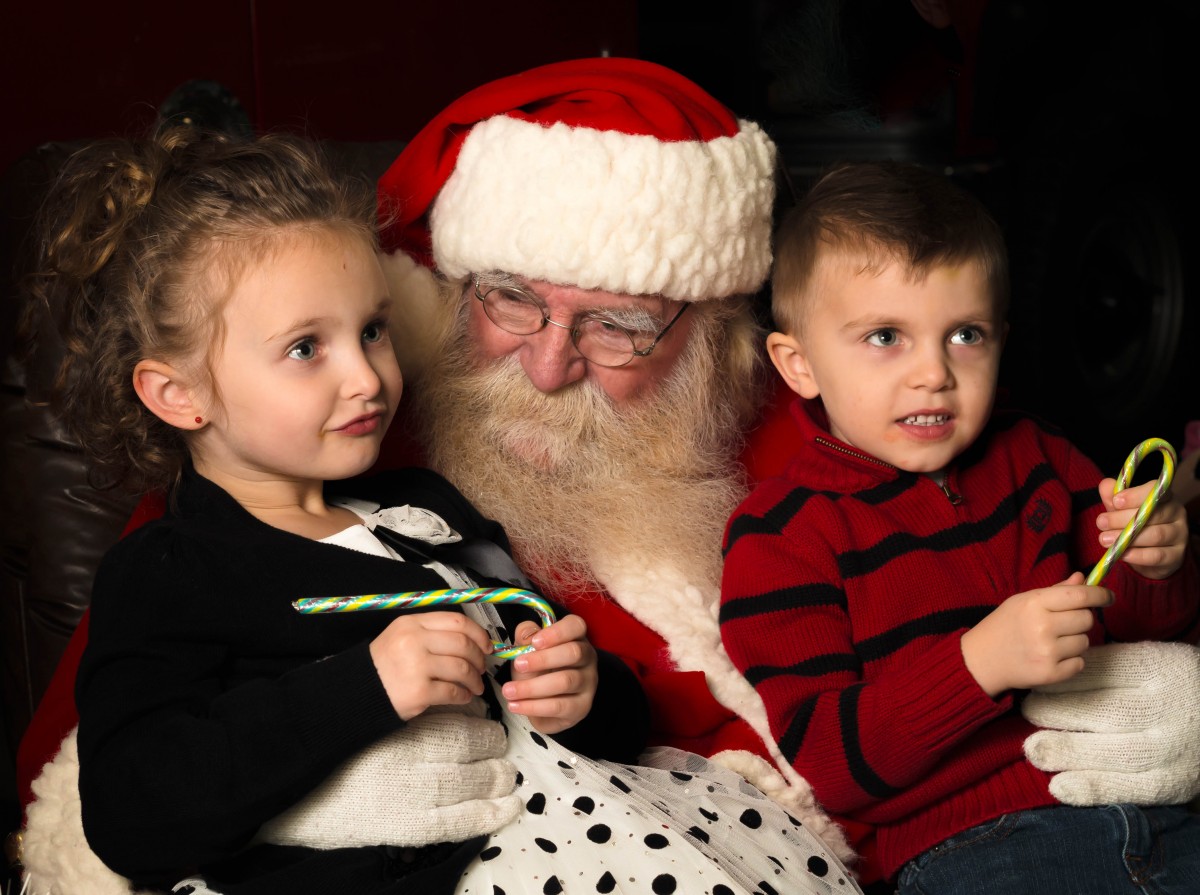Should parents lie to children about Father Christmas?
The majority of young children believe in Father Christmas and love the magic of the annual celebration. However, recent claims have stated that parents shouldn’t continue to tell this lie and it can, in fact, damage a child’s trust and relationship with parents.
Early Years Careers recently shared this post on their Facebook page, and the response was almost unanimous, with parents and professionals slamming the claims as ‘ridiculous.’
Father Christmas is considered a magical part of the tradition, with millions of parents convincing their children that the figure is real, but psychologist Christopher Boyle and mental health researcher Kathy McKay have urged parents to stop pretending in case the lie ‘damages’ their relationship.
The professor has suggested that telling this lie can be damaging to relationships and leave children confused when finding out the truth, questioning other lies their parents may have told.
Followers on the Early Years Careers Facebook have argued this. One follower said “I remember discovering (by accident) that it was my mum and dad who bought the things that went in the stocking. Did I think they’d lied to me? Not in the least – it made sense to the curious-minded child I was and made me love them more.”
Another follower added “I remember the magic of Santa and love remembering the feelings I had when I was a child. It would be sad not to have those wonderful memories my parents created for us as children.”
The research, published in The Lancet Psychiatry, states that the child’s trust in their parents may be undermined by the ‘Santa lie’, while the idea of an ‘all-seeing North Pole intelligence agency’, which judges every child as naughty or nice, can also be terrifying. The research also suggests that parents may not only be motivated by creating magic for their children, but by a desire to return to the joy of childhood memories themselves.
Many parents enjoy making the holiday special and magical, with technology now creating apps to talk to Santa or track him on Christmas Eve. However, may parents and professionals agreed that with the media showing so much upset, war and fighting in the world; children should be allowed to keep their innocence a little longer.
One follower on the Facebook thread claimed; “Children of today have enough of their innocence taken away far too early with TV and media and now you want to take away the magic too! Absolute nonsense!”
Another follower agreed; “This is crazy! The world is hard enough when they get older so why not let them believe in a bit of magic!”
However not everyone was fully against the claims, some followers were able to sympathise with the research and give their views and experiences of finding out the truth about Father Christmas. One follower stated “Nothing wrong with the fairytale, magic, and imagination aspect, keep everything as magical but just don’t say it’s a truth. Children are intelligent little beings who are more than capable of understanding that a lot of the stories we tell (Gruffalo for instance) aren’t real, but that doesn’t take away how special and magical the story is.”
She added, “I was devastated when learning the truth, didn’t mean as an older child I couldn’t participate in the magical and festive side of Christmas.”
Another parent added “When I found out Santa wasn’t real I was told by another child in year 3. I went home and asked if it was true and my parents told be he wasn’t real, I was so angry with my mum and dad for lying to me all my life. Now I’m torn between telling my son the truth from day one and running the risk of spoiling it for other children if he tells them.”
You can read more on the Facebook thread here. What is your opinion on this?


Some children are really frightened by the idea of some strange old man coming into their room, presents or no presents.
Better to tell them there is a lovely story about a kind old man called St. Nicholas, or Father Christmas, who once helped poor children. Now it is just a story we tell at Christmas time, but we still put little presents in stockings so we won’t forget the story of Father Christmas.